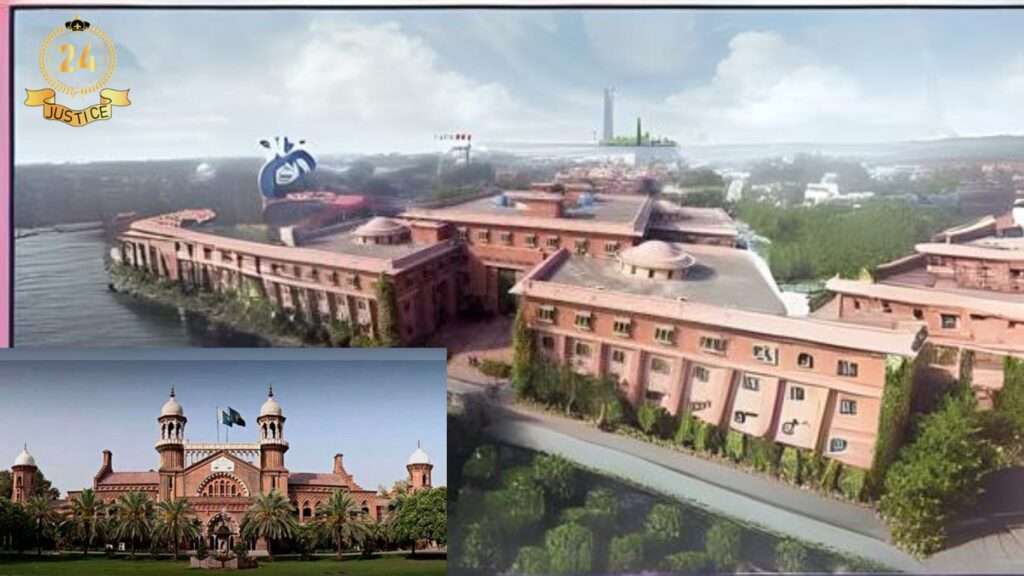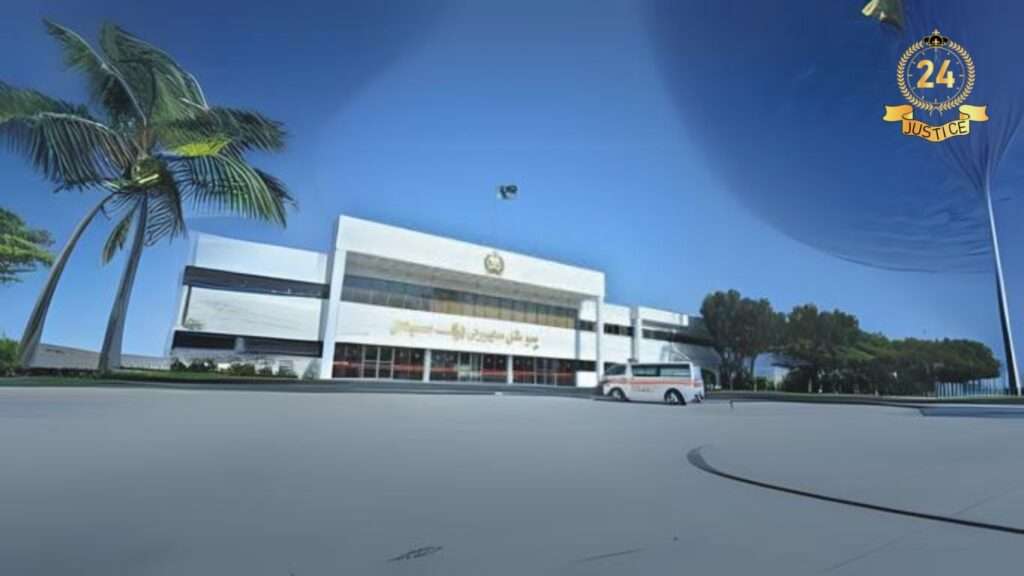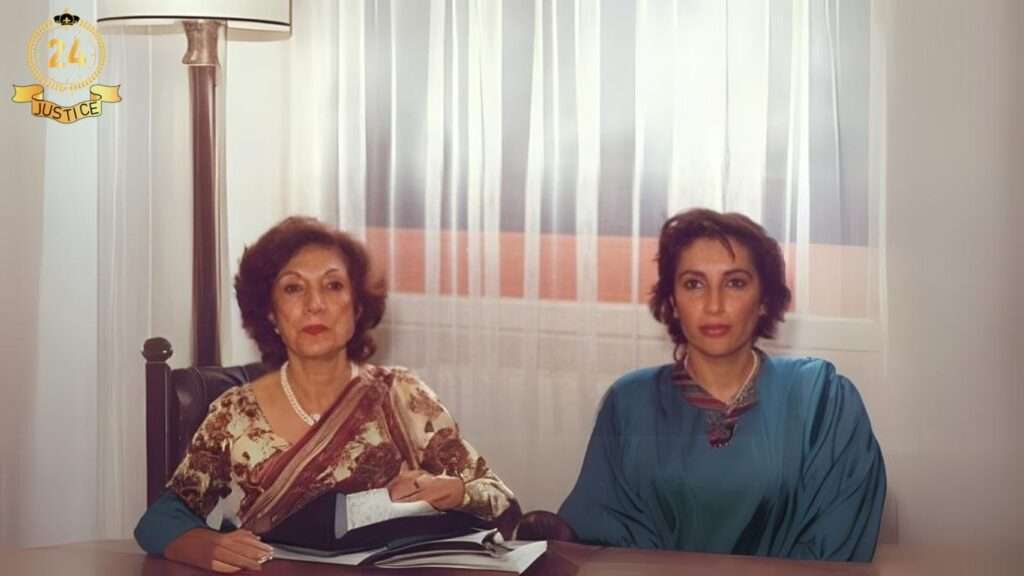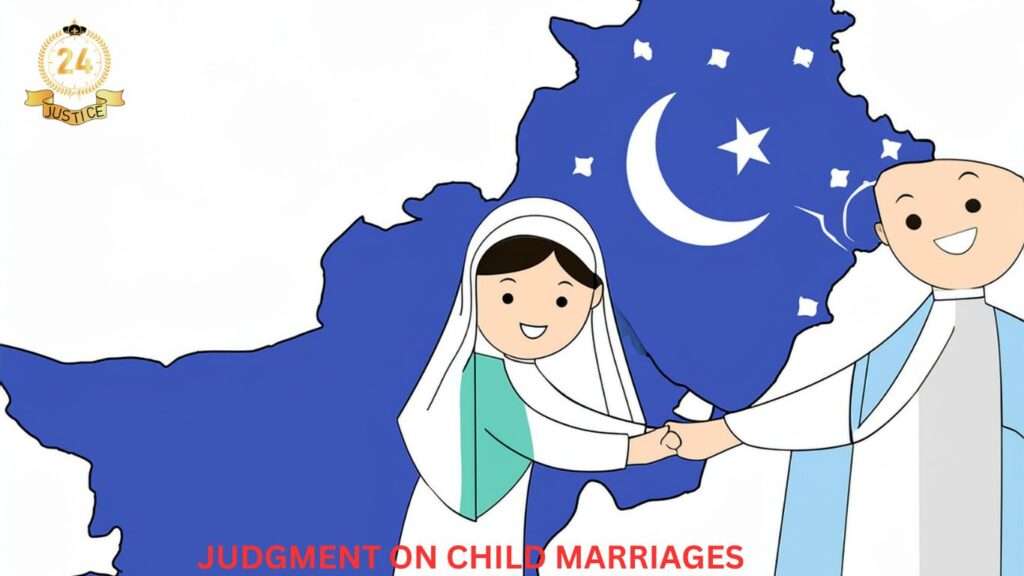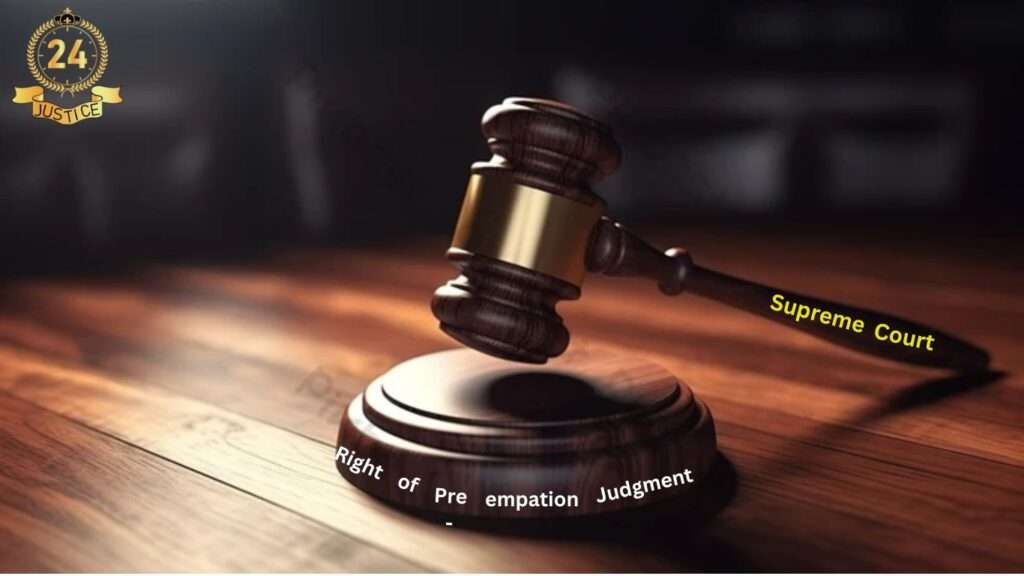Your Gifts, Your Rights: A Bride’s Guide to Bridal Gifts in Pakistan
Bridal Gifts in Pakistan: What You Need to Know (Insights from a Recent High Court Case) Marriages and online nikah are joyous occasions, but sometimes disputes can arise, even regarding gifts. In Pakistan, the concept of bridal gifts holds significance, and a recent Lahore High Court case has shed light on the legal rights surrounding them. This blog post aims to simplify the legalities of bridal gifts for the common person. A Bride Fights for Her Rights The case of Mst. Nimra Sheikh versus Muhammad Umair Siddiqui serves as a crucial example. Ms. Sheikh challenged a decision by the Family Court where, after divorce, her husband sought the return of certain items, including gold ornaments and clothes, given to her by his parents at their wedding. The key question was – who legally owns these bridal gifts? Bridal Gifts in Pakistan Belong to the Bride The court’s verdict, based on Article 199 of the Constitution and the Dowry and Bridal Gifts (Restriction) Act, 1976, provides clarity. Here’s the legal breakdown: What are Bridal Gifts? Section 2(a) of the Act defines them as any property (excluding Mehr or dower) given directly or indirectly by the groom or his family in connection with the marriage. Who Owns Them? Section 5 is clear – all bridal gifts become the bride’s absolute property, with no restrictions. The Court’s Stance: Protection and Efficiency The High Court, led by Justice Sultan Tanvir Ahmad, emphasized two key points: Absolute Ownership: The law establishes the bride’s absolute ownership of bridal gifts, regardless of who gives them (groom or his parents). Frivolous Litigation: The court deemed the husband’s claim baseless, highlighting that the law clearly grants ownership to the bride. This case also highlights the importance of previous judgments. The court cited rulings like Tania Naseer vs. Muhammad Zubair (2017) and Ghulam Rasul vs. Judge, Family Court (1991) which reiterate that bridal gifts belong to the wife. Significance of the Ruling: A Win for Brides This landmark decision holds great value for several reasons: Legal Clarity It removes any ambiguity about ownership, ensuring brides understand their rights regarding bridal gifts. Protection of Rights It safeguards brides from baseless attempts to reclaim their rightful possessions. Judicial Efficiency By dismissing frivolous claims early on, the court frees resources for handling more serious matters. What This Means for You Understanding your legal rights is crucial, especially during marital disputes. Here’s what you, as a bride or someone close to one, should know: Awareness is Key Brides should be fully aware that any gifts received in connection with their marriage are their absolute property. Legal Recourse If faced with a claim for the return of bridal gifts, the bride can confidently rely on the Dowry and Bridal Gifts (Restriction) Act and relevant case law to defend her rights. Documentation Matters Maintaining records (receipts, photos) of bridal gifts can strengthen your claim in case of legal disputes. Contact Us The Lahore High Court’s decision in Mst. Nimra Sheikh versus Muhammad Umair Siddiqui empowers brides by recognizing their legal ownership of bridal gifts. This ruling not only promotes fair resolution of marital disputes but also protects brides from unnecessary harassment. By understanding and asserting your legal rights, you can navigate such situations with confidence. This blog post provides a general understanding of the law. For specific legal advice, it’s always recommended to consult a qualified lawyer. The PDF for the Full citation is below for reference. 2024LHC2809 Our panel of skilled Lawyers in Pakistan specializes in family cases in Pakistan and offers personalized advice and robust legal solutions. AI Legal Site: For general information, visit 24Justice.com – Pakistan’s First Legal AI Site. Personalized Assistance: For more specific queries or legal representation, reach out to us: Call: 0092 308 5510031 WhatsApp: 0092 308 5510031 Contact Form: Prefer writing? Fill out our contact form below, and we’ll respond promptly. [wpforms id=”4658″]
Your Gifts, Your Rights: A Bride’s Guide to Bridal Gifts in Pakistan Read More »
Case Law, Information

